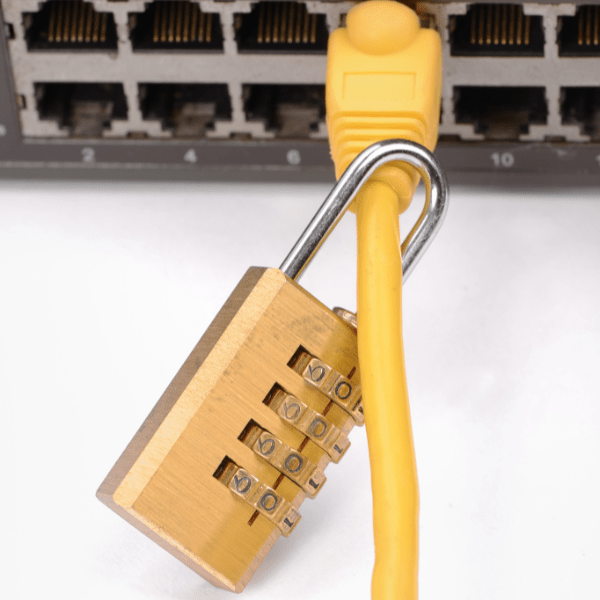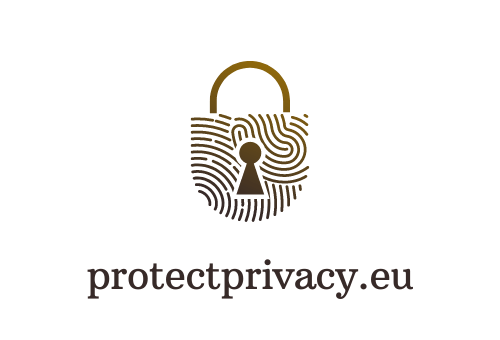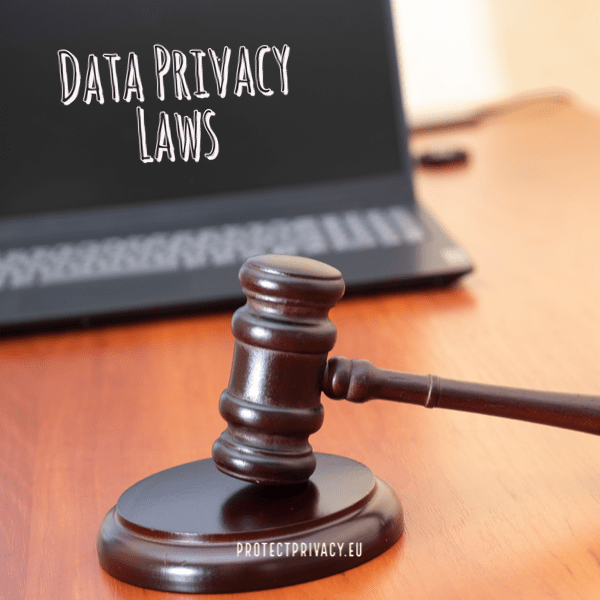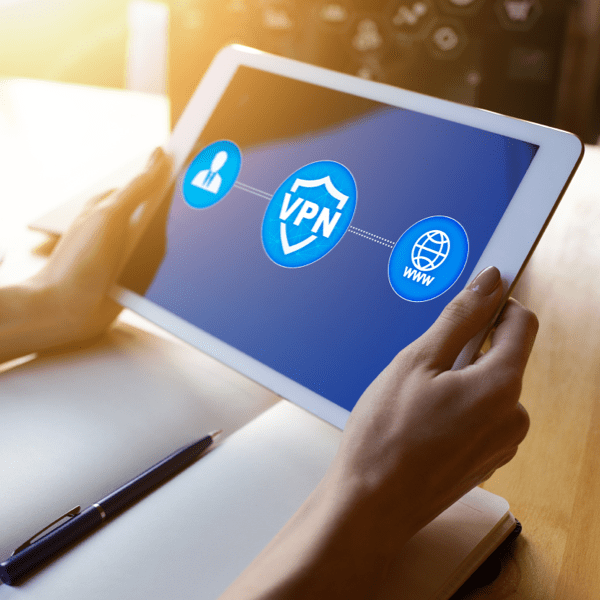Five Essential Ways to Protect Your Online Privacy

In the contemporary digital era, the importance of online privacy cannot be overstated. As our lives become increasingly intertwined with the digital realm, the exposure of our personal information to potential cyber threats escalates. Here are five key strategies to fortify your online privacy and ensure your personal data remains secure.
1. Craft Robust, Unique Passwords
The cornerstone of online privacy protection is the creation of robust, unique passwords for each of your online accounts. Refrain from using passwords that are easily decipherable, such as “123456” or “password.” Instead, opt for a blend of uppercase and lowercase letters, numbers, and special characters to enhance password strength. A password manager can be a valuable tool in this regard, generating and storing complex passwords on your behalf, thereby mitigating the risk of forgetting them or falling victim to cyber theft.

2. Implement Two-Factor Authentication (2FA)
Two-factor authentication serves as an additional bulwark against unauthorized access to your online accounts. Alongside your password, 2FA necessitates a second form of identification, such as a unique code dispatched to your phone or email. This dual-layered security measure significantly impedes unauthorized users from accessing your accounts, even if they manage to obtain your password.
3. Exercise Caution with Public Wi-Fi
Public Wi-Fi networks often lack adequate security measures, making them a hotbed for hackers seeking to pilfer personal information. If you find yourself needing to use public Wi-Fi, abstain from accessing sensitive information, such as your bank account. A Virtual Private Network (VPN) can be a valuable asset in such situations, encrypting your data and significantly reducing the likelihood of interception by malicious parties.

4. Ensure Regular Software Updates
Software updates frequently include patches designed to rectify security vulnerabilities. By maintaining your operating system, web browser, and other software in their most updated state, you can shield yourself from a multitude of potential cyber threats. Whenever possible, enable automatic updates to ensure you’re consistently operating the latest, most secure versions of your software.
5. Restrict the Personal Information You Share Online
The less personal information you disseminate online, the less there is for hackers to exploit. Be judicious about the information you post on social media and other online platforms. Modify your privacy settings to restrict the visibility of your posts, and exercise caution before sharing sensitive information, such as your home address or phone number.
Conclusion
In conclusion, the preservation of your online privacy necessitates a blend of prudent habits and the judicious use of digital tools. By adhering to these strategies, you can significantly mitigate your risk and maintain command over your personal information in the digital sphere. Remember, in the digital world, the stewardship of your online privacy is in your hands.







